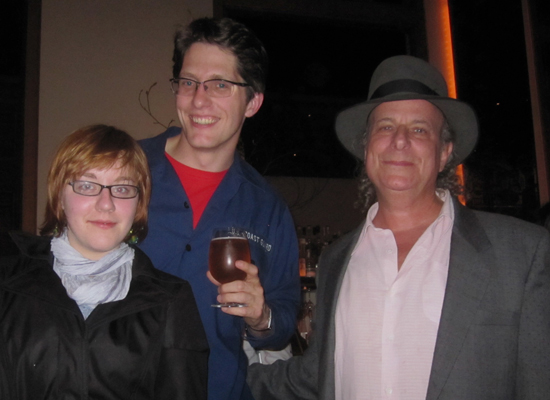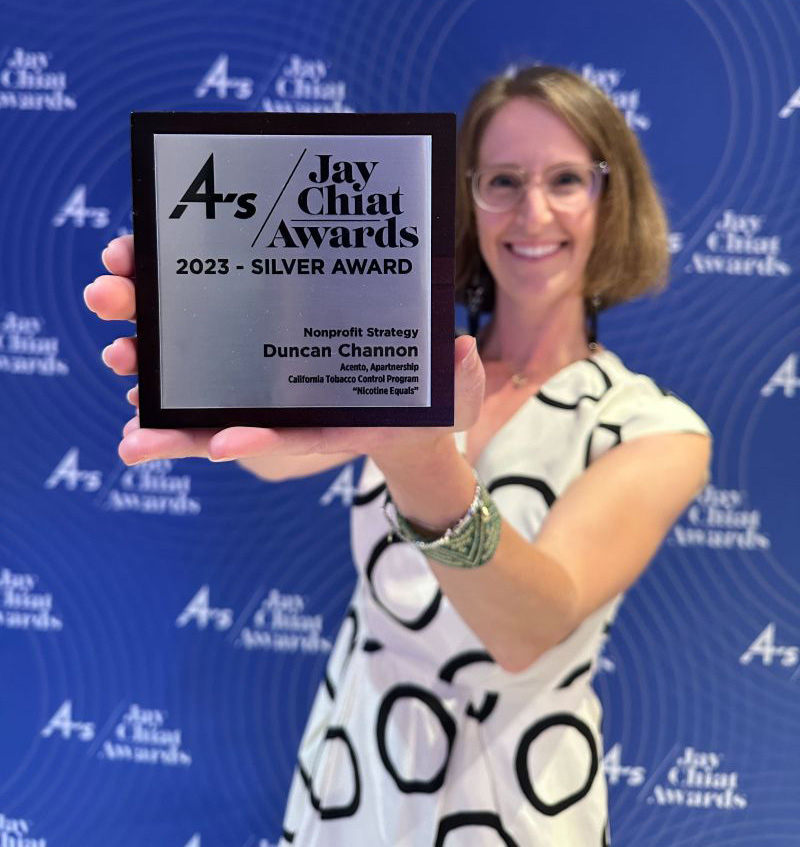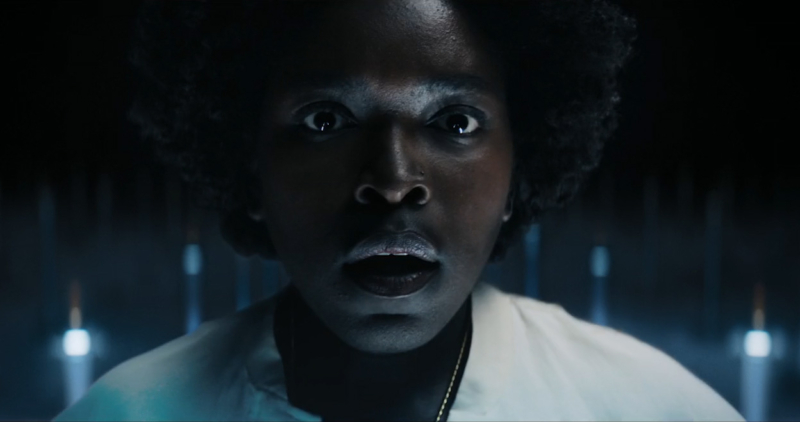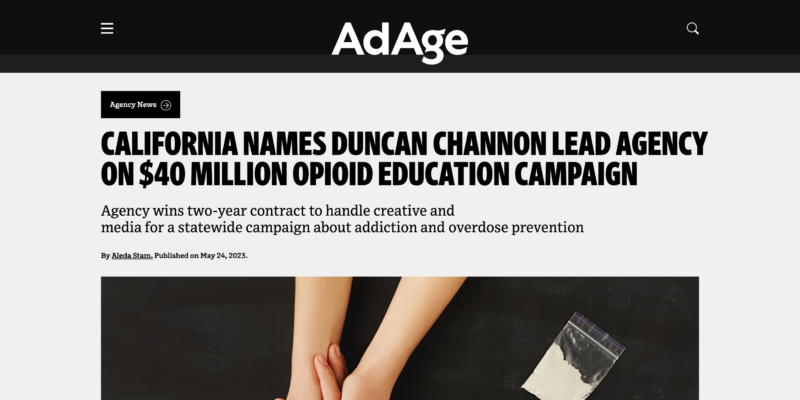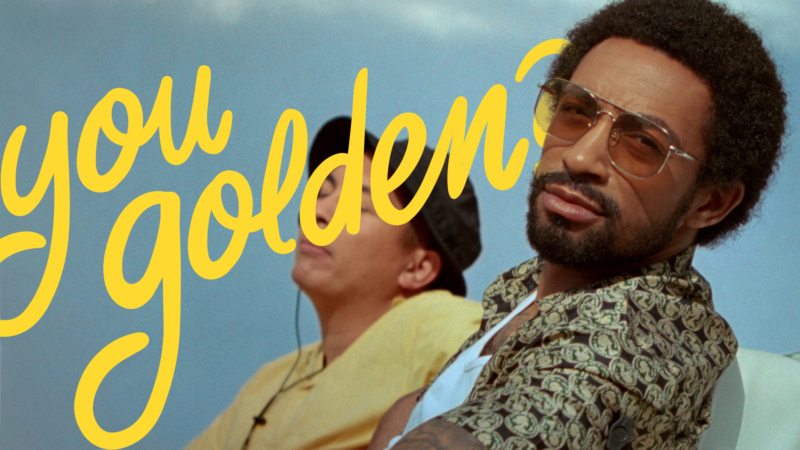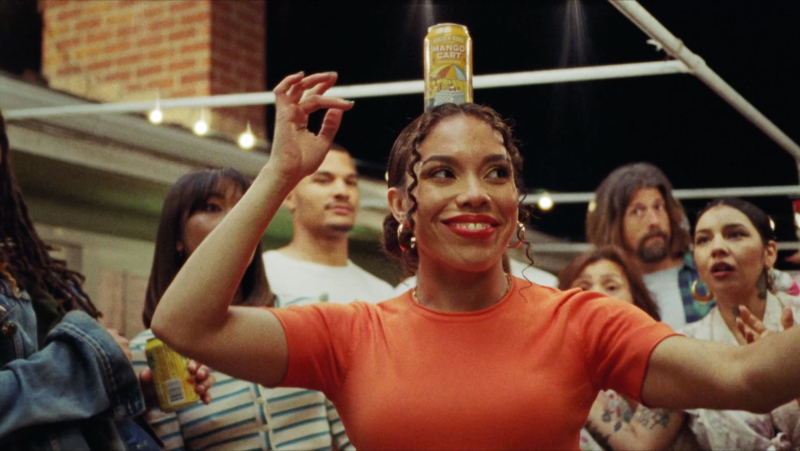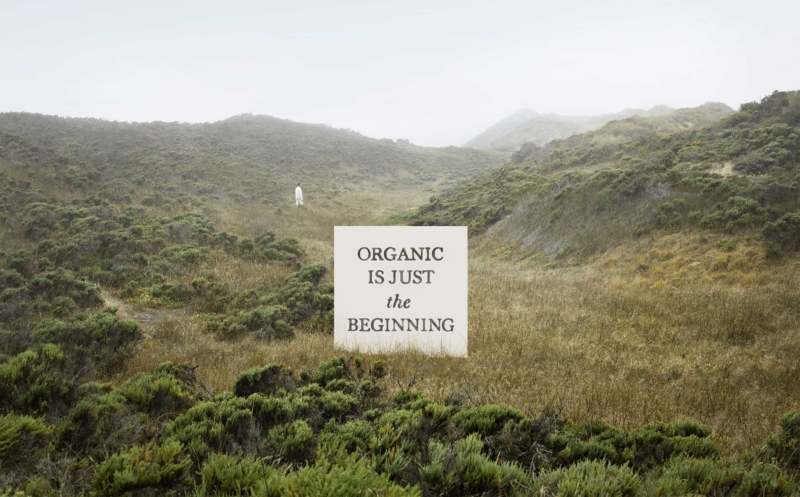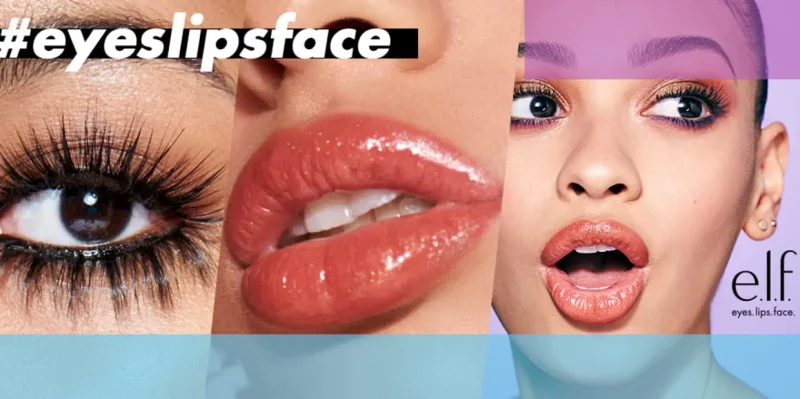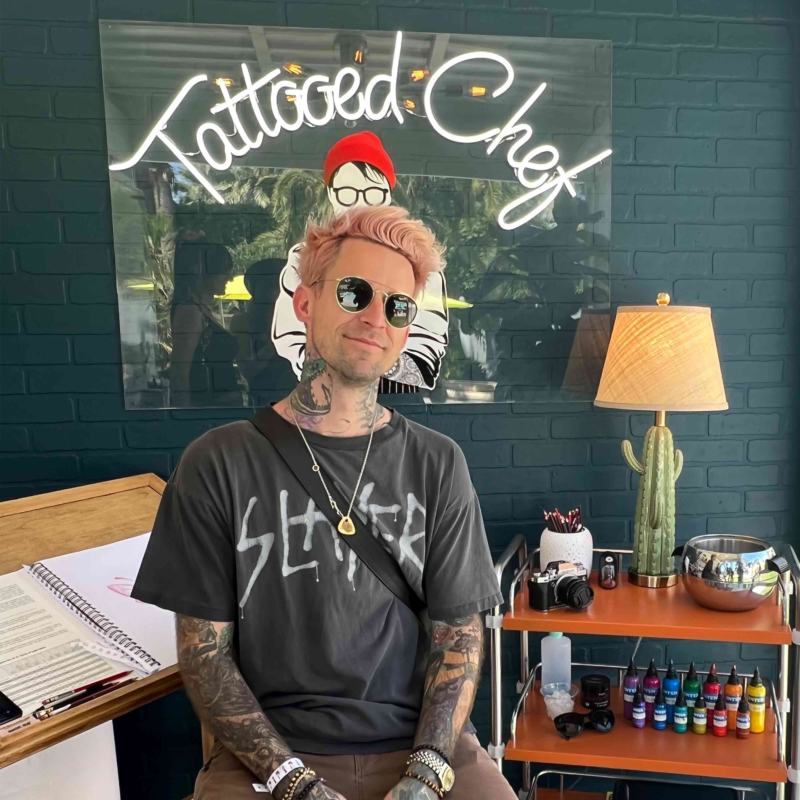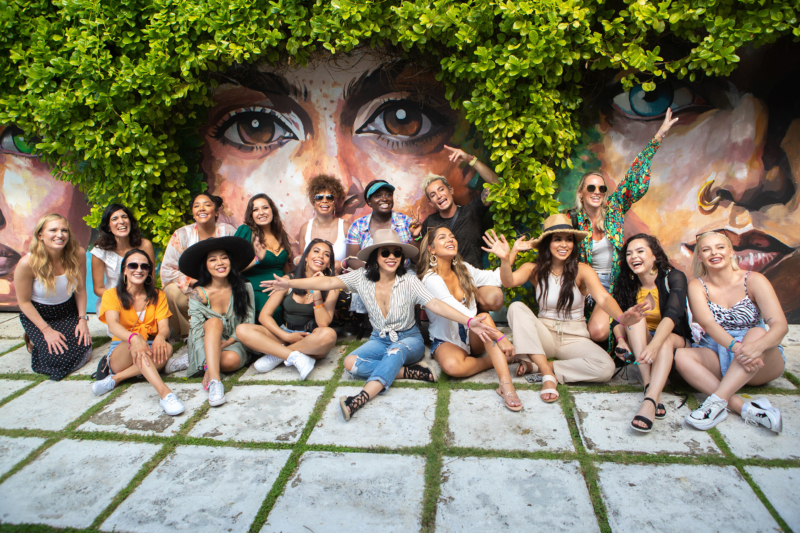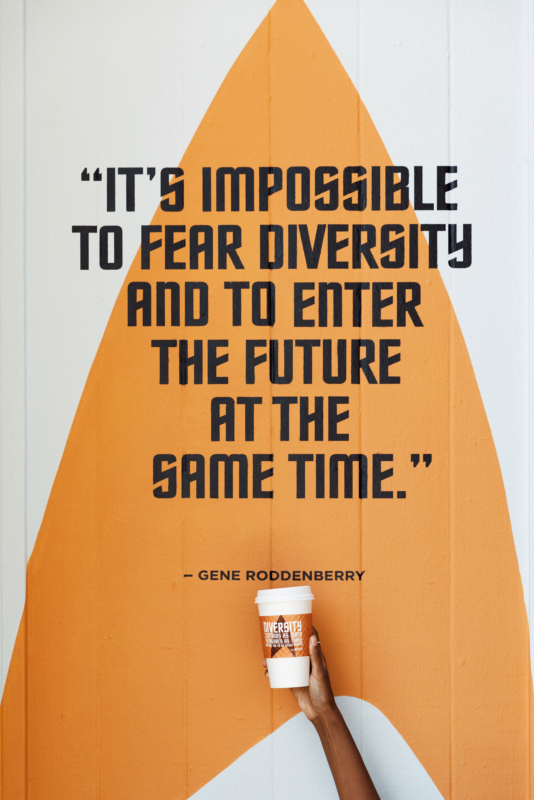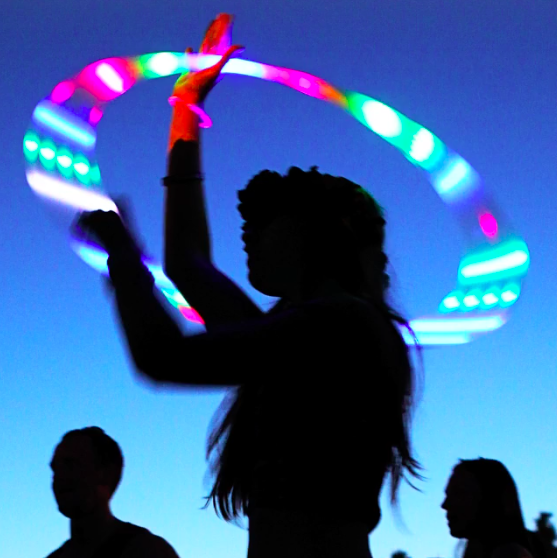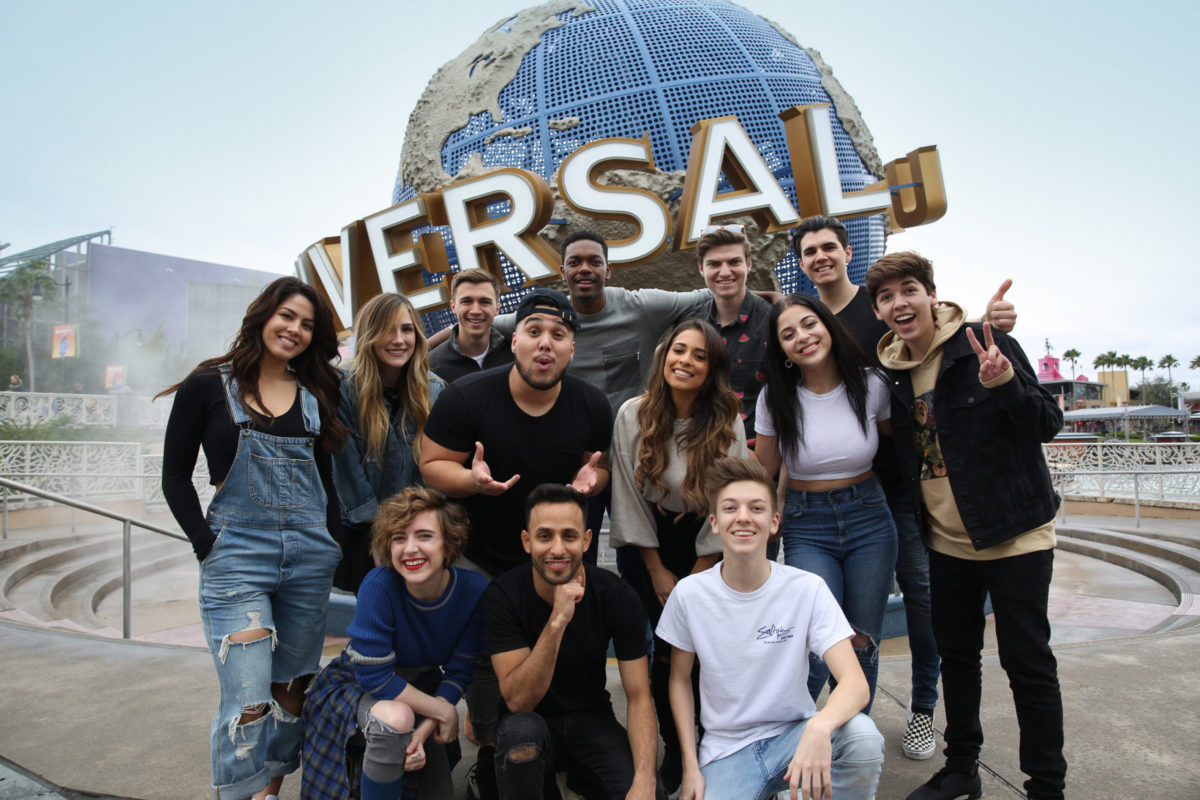News
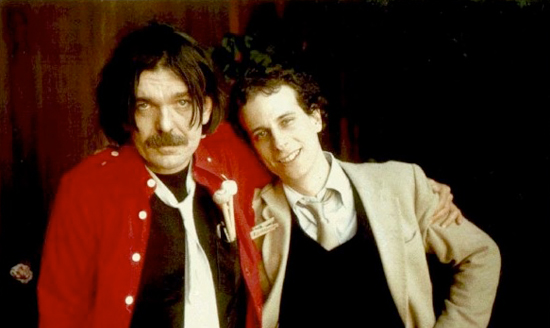
I mentioned we were going to see Gary Lucas‘s “Captain Beefheart Symposium” at the Independent, and by way of explanation — or maybe Adam asked — I added that Gary had played guitar on Beefheart’s final album. To which my punkass 24-year-old co-worker replied, “You mean, Ice Cream for Crow?”
“The fuck you know Captain Beefheart, let alone a specific record from 1982?!?”
And that’s where it started.
Talk about Beefheart and you’re talking about things way beyond music. In fact, a lot of people — some quantifiably un-square (Mr. P.) — still can’t stand the music, even if they respect the man. A lot of others never listened (but in both cases, the word “lot” must be understood in a rigorously relative context — the universe of the Beefheart-aware being larger than the universe of East River Pipe fans and smaller than the faniverse of the Pixies, whom Beefheart influenced). You’re talking about a cultural significance that derives, as much as anything, from the unreplicably delightful title and indelible record jacket for Trout Mask Replica, the deadpan comedy of (some) song titles (“A Carrot Is As Close As A Rabbit Gets to a Diamond”), even the martial whimsy of the band name, not to mention the flamboyant ravings of critics — mostly pro, but con, too — some of whom meant it.
One who meant it, Lester Bangs, had ears and eyes beyond mine and called Beefheart “one of the four or five unqualified geniuses to rise from the hothouses of American music in the Sixties” and backed it up to the hilt in many reviews and at least one profile.
Most of all, the Cap’s cultural impact derives from that moment when everyone who was, is or ever will be cool tried to listen to one of the records and failed, a few tracks in, leaving Beefheart to stand as a permanent challenge to everything musical that would come after in their cultural journey and forever cast his shadow on their cool.
At least, that was my passage. But, owing to knowing Gary, my passage continued, a forced march based on personal obligation, until one day, more than 40 years after Trout Mask, I arrived at a place where I wanted to listen to nothing but Captain Beefheart. For weeks, I reveled in the untamed words, explosive juxtapositions, fractured rhythms, defiant non-rhythms and anti-pop non-melodies, the strange, but unmistakable, Delta roots, the unexpected contemporary echoes (not just straight-up influence — Waits, Devo, Deerhoof — not just freak-flag standard-bearing, but the big and little Beefheartian choices that, consciously or unconsciously, countless modern bands make), the surprising technical sophistication serving implacably stubborn primitivism, the intensity, joy, anger, audacity, the voice. Nirvana (the state of grace, not the band)! I had arrived, cool at last.
But not really.
For sure, my consciousness was pried open — there’s no doubt Beefheart limns new vistas of music and art in attentive human brains. Still, as is my peculiar bent, I had waited for his obituary to dig into the oeuvre. So in a sense, Captain Beefheart died for my sins. But that’s a whole other story.
When I what-the-fucked Adam, he aw-shucksed back: “Today it’s easy to be weird.”
“Much easier,” said Adam, “with the vast reaches of the Internet, to find your Captain Beefheart, your role-model of non-normal, to be weird.”
“Nah, much harder today,” I countered. “It’s really sad.” I explained how, as an aspiring weirdo in high school, I happened to come across the Mothers’ We’re Only In It For the Money album and Alice Cooper’s Easy Action, the covers at least (again with the covers!): all funky looking dudes in funky drag. So I put on my girlfriend’s Catholic schoolgirl uniform and freaked people out. Easy as pie: I was weird.

Today, everybody on the entire planet would know I was an abject plagiarist. People in the Himalayas and Uzbekistan and Antartica would readily recognize a sad wannabe, uncool as all get-out. Back in the pre-Web day, the high school yearbook voted me “Most Original.”
All of this assumes, of course, that weird = cool. Which I think it does, much of the time. Weird — at its best — implies intellectual and/or emotional independence, cultural offroadism, social courage, personal insouciance, a demonstrable distinction from the mainstream and other key ingredients of cool. And certainly weird and cool have been frequent fellow travelers through the modern ages, from Vincent Van Gogh to Glenn Gould to Patti Smith to the good Cap’n hisself. Of course, where cool suggests a certain calculation (thereby sabotaging itself?), weird suggests wired. And Jeffrey Dahmer was definitely weird, but not cool. While Stephen Colbert is cool, but not at all weird.
But I didn’t get into any of that with Adam.
Instead, I invited him and Sarah to join us for dinner with our friend Gary before the show and then for the Symposium itself. And Terry Van Vliet, Captain Beefheart’s cousin, who was reciting a poem at the show, joined us. And Jerry Harrison (talk about cool, but not weird), also performing, said hello. And Gary told us about how Beefheart wanted him to play notes that had no relation one to the next — “exploding notes” — and how he had demonstrated melodies on the piano, an instrument the Cap didn’t know how to play. There was old footage of Beefheart at the event from a beach party show, when the band’s cover of “Diddy Wah Diddy,” their first record, had become a regional SoCal hit. There were paintings by Don Van Vliet, which was more or less Captain Beefheart’s given name and how he signed his artwork. Bunch of folks read poems or reminisced. And Gary fingerpicked the impenetrably complicated, but lacily expressive, “Evening Bell.” Or was it “Flavor Bud Living”? And I think we drank a lot (“lot” not here used in a relative context), or at least that’s the way I felt in the morning.
And afterwards Adam exclaimed to us, me and the missus, “That was awesome!” Which is when I realized he was the coolest guy in the room.
